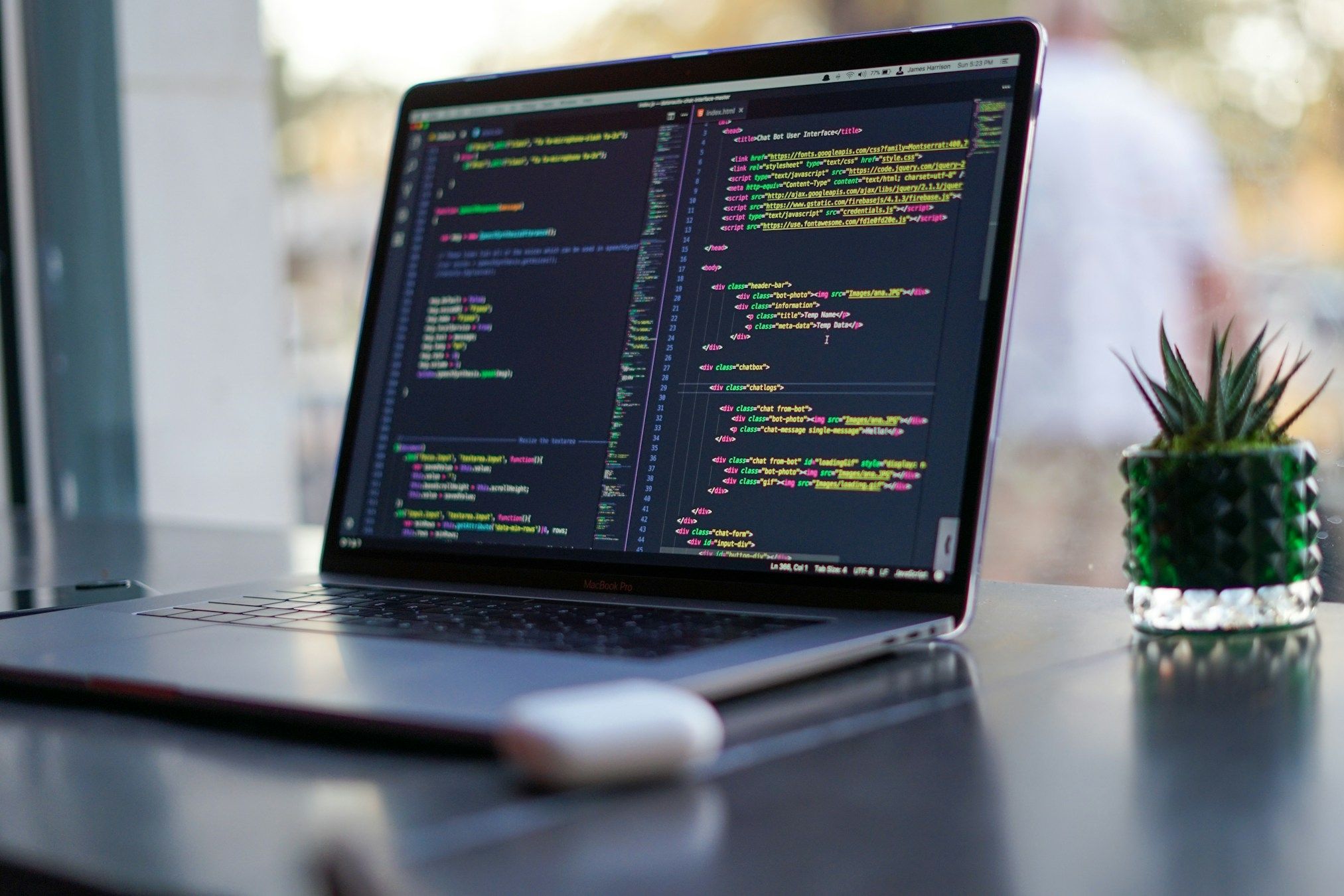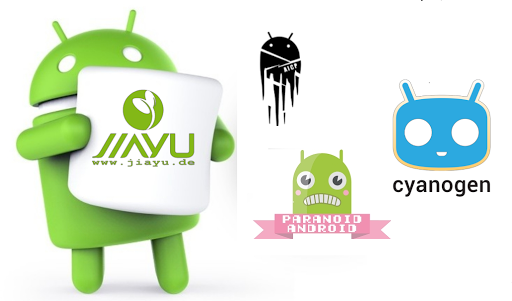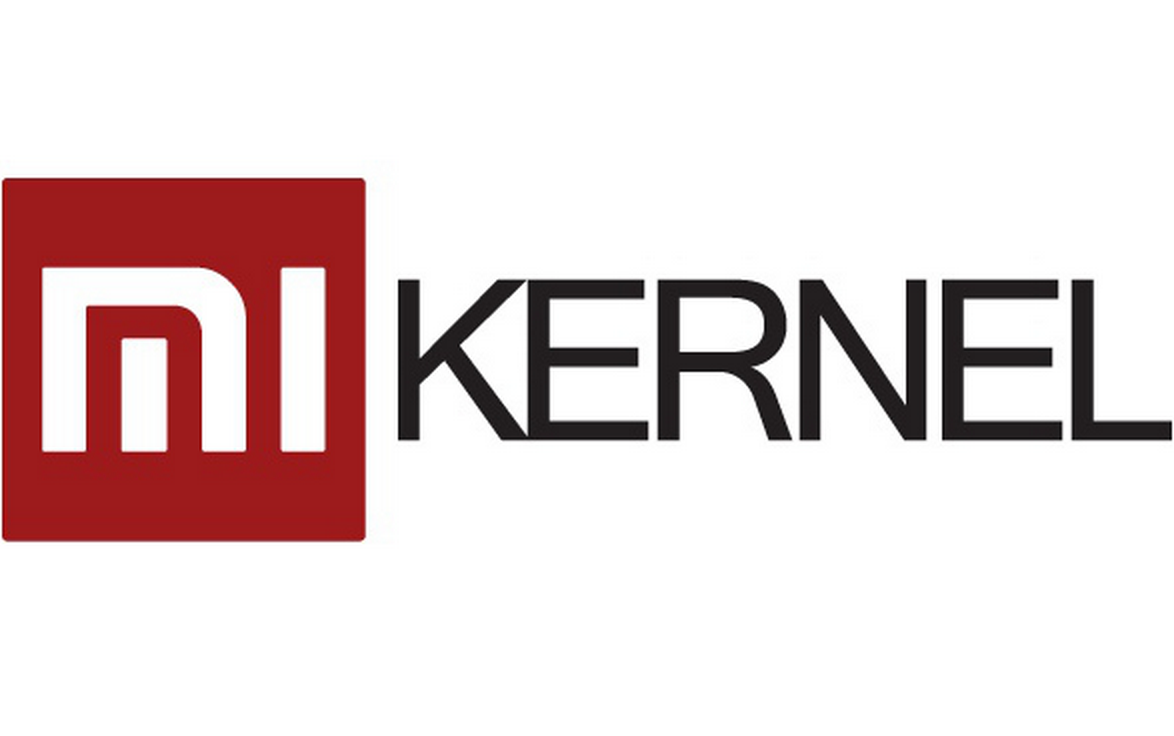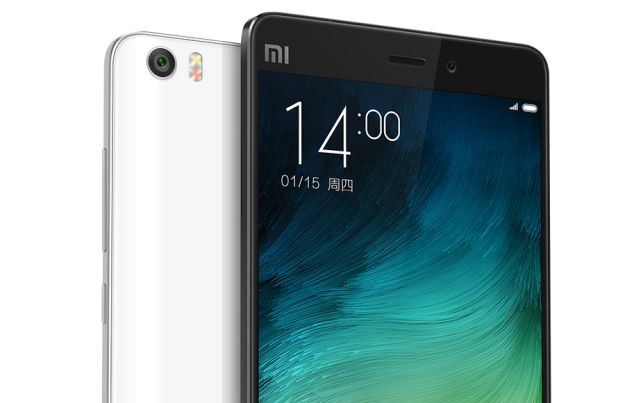latest

Open Source Software Licensing: Why it matters
We've all used open-source software, but licensing is more important than you think.
Open-source software is essential to the functioning of our modern internet. It's essential to all our modern technology. Open-source tools form the simple and functional building blocks that help power everything from TVs to ChatGPT, and it's almost impossible to overstate the importance of the open-source movement in making software development accessible.

Xiaomi aims to release Kernel Source Code for new devices within 3 months after launch
Xiaomi has long failed to release kernel sources in a timely manner, but now the company is committing to releasing kernel source code within 3 months of launch for any new device.
Xiaomi is a company that's largely renowned for their devices that offer excellent specifications relative to price. Smartphones is just one of their many ventures, but it's how the company has made its name known globally. The company's rapid expansion in markets like India has brought millions of new users onto smartphones running Android, which has resulted in a wave of new users on our forums looking to customize their devices. Unfortunately, Xiaomi has a poor history of complying with open source licenses as they have shown time and time and time again that they are willing to violate the General Public License v2 (GPLv2) by failing to release kernel source code for their devices. The GPL is what makes the developer community on our forums possible, as all Android phones run on the Linux kernel and without access to the source code it would have been nearly impossible for custom AOSP-based ROMs to take off the way they've done on our forums.

Team M.A.D. Brings Android 6.0.1 and Full GPL Kernel for Jiayu-Mediatek Devices
A couple of Jiayu devices based on MediaTek SoCs have received their GPL mandated code and their first taste of Android 6.0.1 Marshmallow! Read on for more!
It's not always that MediaTek SoC's come in the news, and there are a few reasons for that. Compared to its market competition in the high end like Huawei's Kirin, Samsung's Exynos and Qualcomm's Snapdragon, MediaTek SoC's do tend to fall behind the pack. The difference is not insanely visible in the lower ends, but then the second major problem with MediaTek SoC's shows its face: their lack of GPL-mandated kernel code. The kernel code is often not released at all for a lot of their SoC's, and if it is, it tends to be incomplete and broken. Very rarely do we come across a full GPL-compliant release of the kernel code.

Xiaomi Finally Releases Kernel Sources
After a long and painful wait, Xiaomi finally complies with the GPLv2 license and releases kernel sources for the Mi3.
If you are familiar with Xiaomi, you might have heard that they are not the most compliant when it comes to the General Public License that makes the core of Android open to us. The terms of the GPLv2 state that since the Android kernel is based on the Linux kernel, which is licensed under GPL,v2 Android has to be open-source for everyone to study or modify, and those that modify the Android kernel have to make their sources immediately available for others as well. Sadly, many OEM's don't always comply with the terms - from the very small to the very big.

GPLv2 and Its Infringement by Xiaomi
Find out how Xiaomi is infringing upon the terms of GPL, and how their decisions to do so affect the Android community and the future of the OS.
Xiaomi has announced their spectacularly spec'ed Mi Note Pro, which features the latest in Qualcomm’s Snapdragon processors alongside a big 2K display and 4GB of RAM for a killer price. That being said, there’s something that is not-so-good about Xiaomi’s offerings that is a concern to many developers, especially many found here on XDA: Xiaomi's repeated violations of the GPLv2 license for the Linux kernel which Android (and thus Xiaomi's devices), is built on.

At XDA, we like open source. In fact, you could say we love it. We have a GPL policy to ensure users understand the best ways to follow the GPL, and ensure others can make use of their work to improve all our devices.

We've previously covered step-by-step guides on how to compile your own kernel from source. Simply compiling some readily available source code though is only half the battle. For there to be any benefit of compiling and flashing your own kernel, you're going to need to make some modifications. Which particular changes you make is of course entirely up to you, and there are a huge number of improvements that can be made at kernel level to improve the performance of any given device. If you're at the stage of having compiled your own kernel but are a little unsure of where to go from there, XDA-University has a guide which will be of interest to you.




